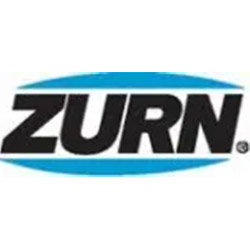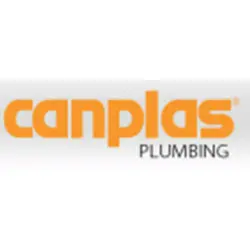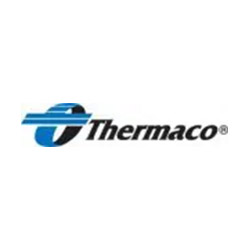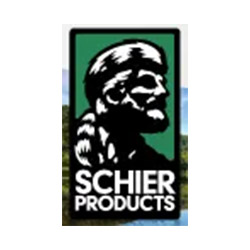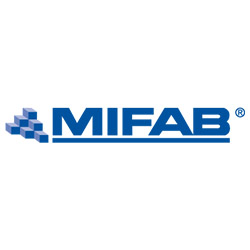1. Velocity of Incoming Water
A higher velocity of water will contribute to a more turbulent
mixture. This will slow the grease separation process,
thereby reducing efficiency.
Recommended Solution
– Install additional flow control
fittings at all sources of flow.
2. Ratio of Grease to the Water
The higher the ratio of grease particles to the water, the
lower the efficiency of the interceptor.
Recommended Solution
– Increase the size of the interceptor.
3. Specific Gravity (Weight) of the Filtrates
Grease has a lower specific gravity than water and will
rise to the surface quickly. Grease-ladened food particles
having a higher specific gravity than water will linger and
accumulate at the bottom, eventually passing out of the
interceptor.
Recommended Solution
– Install a solids interceptor at the
source of solid particles, prior to the grease interceptor.
Maintenance Supply is the most experienced supply house in Atlanta when it comes to grease traps.
We work with many of the metro Atlanta water and sewer departments, and can provide you the correct type of grease interceptor that is required for you location.
We also can help you with your flow requirements and design a grease management system.
We are a stocking distributor for Zurn, Canplas, Thermaco, Mifab and Schier.
For more information go to those manufacturers pages, or follow the links below.
Variables Affecting Grease Interceptor Performance
4. Possible Presence of Detergents in the System
Grease-cutting detergents will break the liquid grease
into minute particles that can cause these liquids to
pass through the interceptor.
Recommended Solution
– Increase the size of the
interceptor.
5. Percentage of Maximum Flow Capacity
If the maximum recommended flow is exceeded, the
efficiency of the interceptor will decrease considerably.
Recommended Solution
– Install additional flow control
fittings at all sources of flow.
6. Location of Grease Interceptor
The interceptor should be located as close as possible to
the source of grease. Waste pipes leading to the grease
interceptor may become clogged if liquid cools prior to
entering the grease interceptor.

